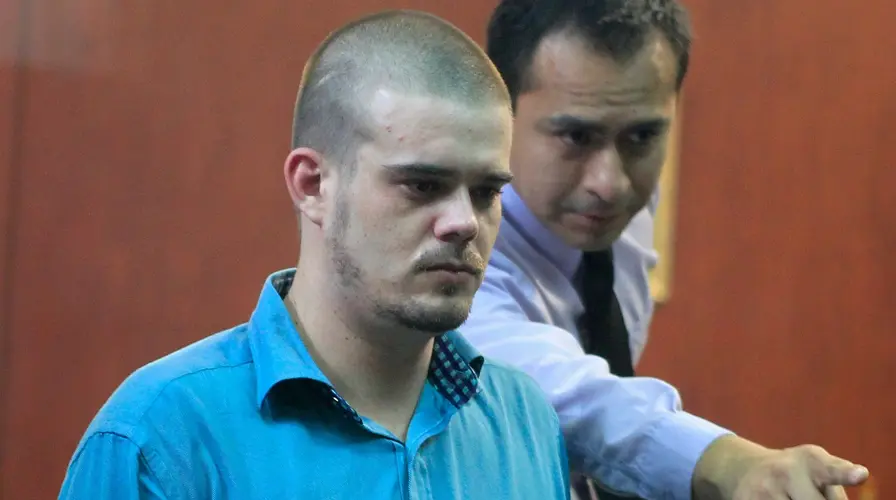The name Joran van der Sloot has become synonymous with intrigue and controversy. His involvement in high-profile criminal cases, particularly the disappearance of Natalee Holloway, has made him a figure of fascination for true crime aficionados and casual observers alike. This preoccupation has begotten speculation surrounding a potential television deal, a topic that stirs a variety of responses—ranging from outrage to morbid curiosity.
In the age of digital media and reality television, it is not uncommon for notorious figures to seek or receive lucrative contracts that capitalize on their notoriety. The notion of van der Sloot engaging in such a venture raises ethical questions. It invites scrutiny into the commodification of criminal narratives, especially those intertwined with real-life tragedies. Audience fascination often thrives on the conflation of horror and intrigue; people are drawn to the complexities of moral culpability and the darker facets of human behavior.
One facet of the van der Sloot narrative that intrigues people is the depth of his psychological profile. His story is not just that of a accused murderer; it is also one steeped in the complexities of his upbringing, experiences, and the societal structures that shape individuals. The interplay between his tumultuous past and the consequences of his actions provides a rich narrative that transcends mere sensationalism. Viewers are often inspired to contemplate the broader implications of crime and justice, prompting ethical discussions that extend well beyond their personal interests.
Additionally, the phenomenon of crime-based media—ranging from documentaries to scripted dramas—has become a lucrative industry. The prospect of a van der Sloot television deal taps into this lucrative market, where entrepreneurship merges with notorious narratives. It sparks a dialogue about the ethical implications of profiting from tragedy. Will such a deal merely glorify a criminal, or could it serve a greater purpose by contributing to societal understanding of criminal psychology?
Critics argue that promoting van der Sloot’s image, no matter the lens or context, undermines the victims’ rights and the gravity of their stories. For every viewer that indulges in the spectacle, there are families who continue to grapple with the fallout of crimes that have destroyed lives. As true crime evolves into mainstream entertainment, the chance of viewers romanticizing the perpetrator instead of recognizing the impact on victims looms large.
The question remains: Is there really a van der Sloot TV deal in the offing, or is it merely sensationalist fodder? While the answer to this remains ambiguous, the implications of any such deal resonate louder than the echoes of his past crimes. They challenge society to engage in crucial conversations about morality, justice, and the nature of fascination with the macabre. In this landscape of duality, the allure of tragedy captures the human condition, urging us to wrestle with the darker shadows of our own psyche.
